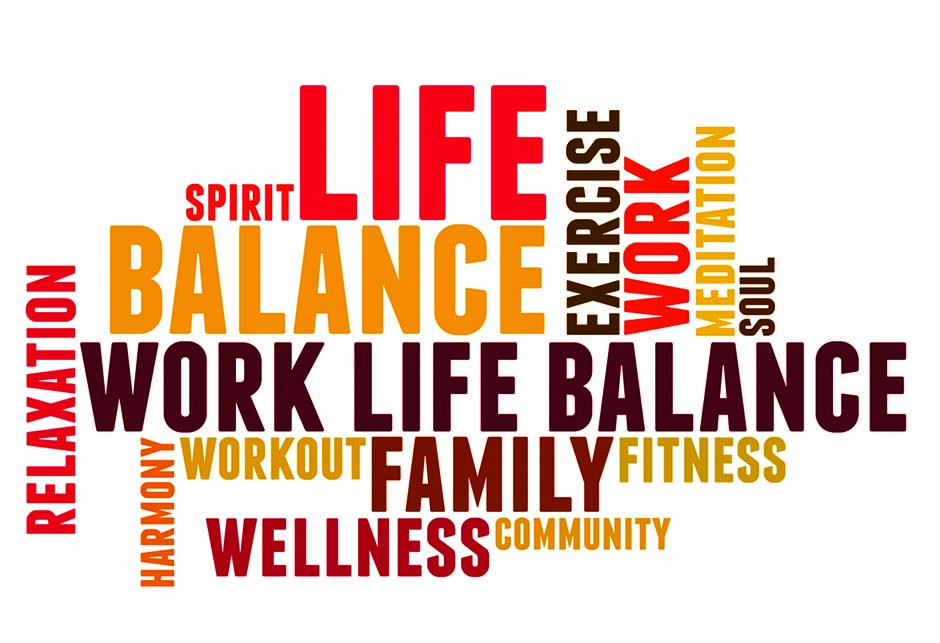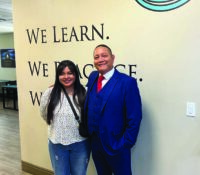Finding Balance and Connection By Marcus Earle, PhD, LMFT, CSAT, CST, S-PSB I must admit there are two parts of me that show up each new year. One is...
Finding Balance and Connection
By Marcus Earle, PhD, LMFT, CSAT, CST, S-PSB
I must admit there are two parts of me that show up each new year. One is excited and in anticipation of new experiences; the deepening of relationships, getting in better shape, new adventures, and putting behind the challenges of the previous year. The other part enters the new year somewhat less optimistic… I am getting older, so is it realistic to believe I can get in better shape; more challenges at work mean more exhaustion and discouragement; will I really enjoy new experiences or stay preoccupied with the challenges; and will relationships improve or prove to be more difficult. This internal tug of war creates an ambivalent attitude toward the new year and typically leads to a certain degree of numbness. You may relate to this process or look at each new year with all out enthusiasm, or perhaps you simply dread the coming of a new year. Wherever you find yourself, here is a proposal for each of us.
First, let’s reflect on our successes, no matter how few or many, as well as moments where life was good, no matter how long or short. Please do not keep these to yourself, share them with others! If their year was more challenging than yours, empathize with them or if they had a more marvelous year than you celebrate with them and let it be an encouragement to you. Either way you will deepen your relationships.
Second, question what you learned from the previous year’s experiences. What did they reflect about you, your lifestyle, work, and relationships. In the struggles and the successes what did they teach you about self? If your mind takes you toward a negative perspective of self, open your mind to the possibility that every difficulty has a complimentary positive/constructive element to it. On the other hand, if your mind takes you to how wonderful you are, consider what you may have missed since every positive has a corresponding challenge to it. Pondering the balance in life can serve to settle us and deepen our connection with self. This often leads to increased connection with others.
Lastly, consider a process to develop a path in support of accomplishing what you hope for this year. If you process verbally, discuss with those close to you your hopes and dreams. If you process through writing; make lists, journal, or even write a short story. For those visual folks create a vision board, draw, paint, and/or construct a collage. Whichever way you process, take advantage of your strengths, do it your own way.
I hope we all learn to embrace both the challenges and wonder this year will bring!
 Dr. Marcus Earle is the clinical director at Psychological Counseling Services, Ltd specializing in couples work and sex addiction. He is also a Certified Sex Therapist as well as a Certified Sex Addiction Therapist.
Dr. Marcus Earle is the clinical director at Psychological Counseling Services, Ltd specializing in couples work and sex addiction. He is also a Certified Sex Therapist as well as a Certified Sex Addiction Therapist.




























